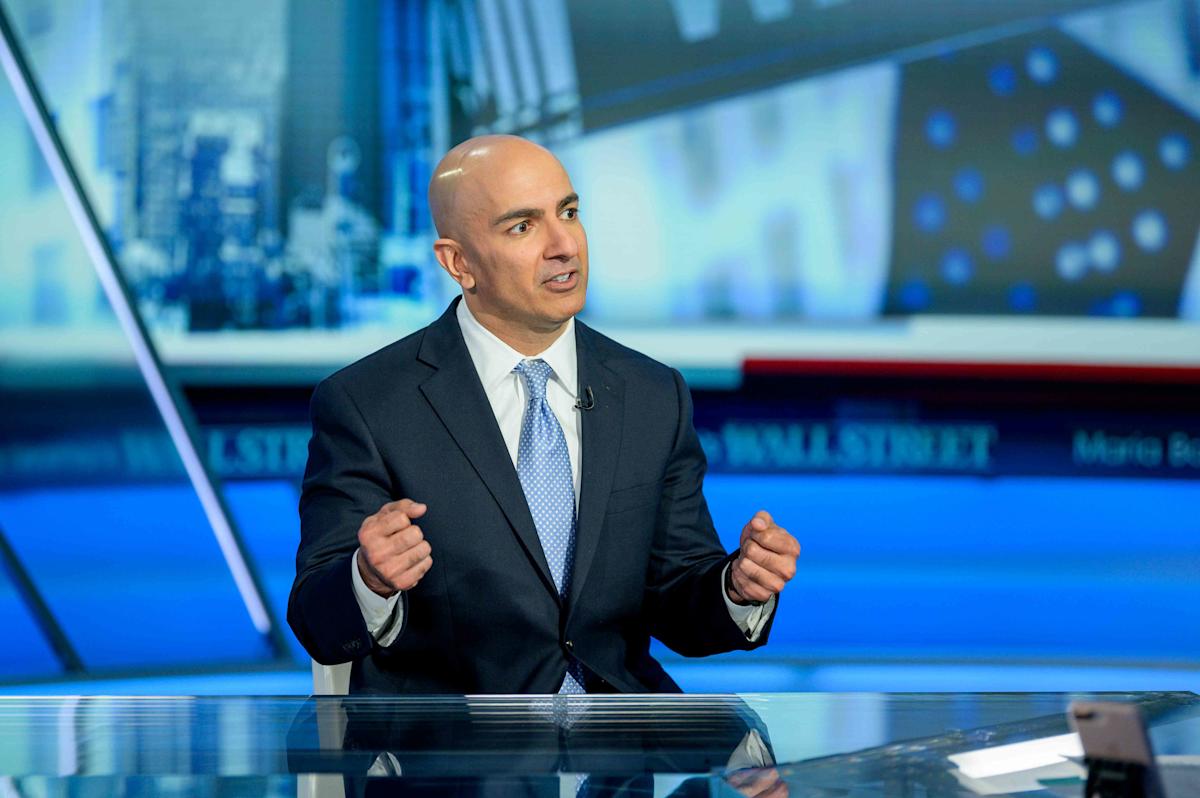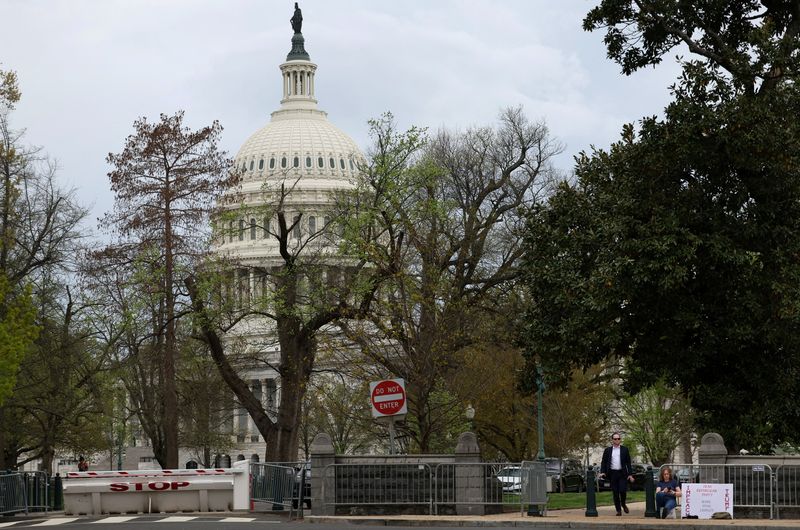China Rejects U.S. Tariff Claims Amid Trade Tensions

China's Stand on U.S. Tariff Claims
The Chinese Ministry of Commerce has firmly denied claims of ongoing trade negotiations with the United States, asserting that such reports lack any factual basis. In a press briefing, Ministry Spokesman He Yadong reiterated the need for the U.S. to abolish unilateral tariffs if it genuinely seeks a resolution to the trade impasse. He emphasized that any progress must be rooted in mutual respect and equal dialogue. Yadong's comments align with prior statements from the Foreign Ministry, which dismissed speculation of active trade discussions. China has consistently called for rational decision-making from the U.S., urging it to heed both international and domestic voices advocating for a fair resolution to the ongoing tariff disputes.
U.S. Tariff De-Escalation Signals
President Trump has hinted at the possibility of reducing the high tariffs imposed on Chinese imports, which currently stand at levels as high as 145%. Speaking to reporters, Trump noted that these tariffs are "unsustainable" and would likely be lowered to a range between 50% and 65%, pending further developments in discussions with Beijing. Treasury Secretary Scott Bessent echoed these sentiments, describing the existing tariff structure as economically burdensome and signaling potential de-escalation. However, despite these optimistic signals, no concrete steps have been taken, leaving markets and stakeholders uncertain about the trajectory of U.S.-China trade relations.
Global and Corporate Impacts
The prolonged trade tensions between the U.S. and China continue to ripple across global supply chains and corporate earnings. Key sectors, including technology, automotive, and manufacturing, have reported disruptions due to tariff-related uncertainties. For instance, Tesla has cited the impact of China's rare earth export restrictions on its production capabilities, while companies like Otis and Boeing have implemented supply chain adjustments to mitigate rising costs. Moreover, U.S. solar firms face steep tariffs on panel imports from Southeast Asia, adding further strain to the industry. Amidst these challenges, corporations are exploring strategies such as localizing production and diversifying suppliers to weather the trade conflict's fallout.
 Sources
Sources- Trump tariffs live updates: China pushes Bessent denies unilateral tariff cuts
 yahoo
yahoo - China Denies Trump’s Trade Talk Assertion, Calls Abolition 'Unilateral Tariffs': 'No Factual Basis'
 benzinga
benzinga - China pushes tariff cancellation end trade war
 yahoo
yahoo - Stock market today: Tech rally resumes as Nasdaq, S&P 500, Dow gain for third day in a row
 yahoo
yahoo
Top News
Related Articles
- Trump tariffs live updates: China pushes Bessent denies unilateral tariff cuts
 yahoo
yahoo - China Denies Trump’s Trade Talk Assertion, Calls Abolition 'Unilateral Tariffs': 'No Factual Basis'
 benzinga
benzinga - China pushes tariff cancellation end trade war
 yahoo
yahoo - Stock market today: Tech rally resumes as Nasdaq, S&P 500, Dow gain for third day in a row
 yahoo
yahoo
People Also Watch




















